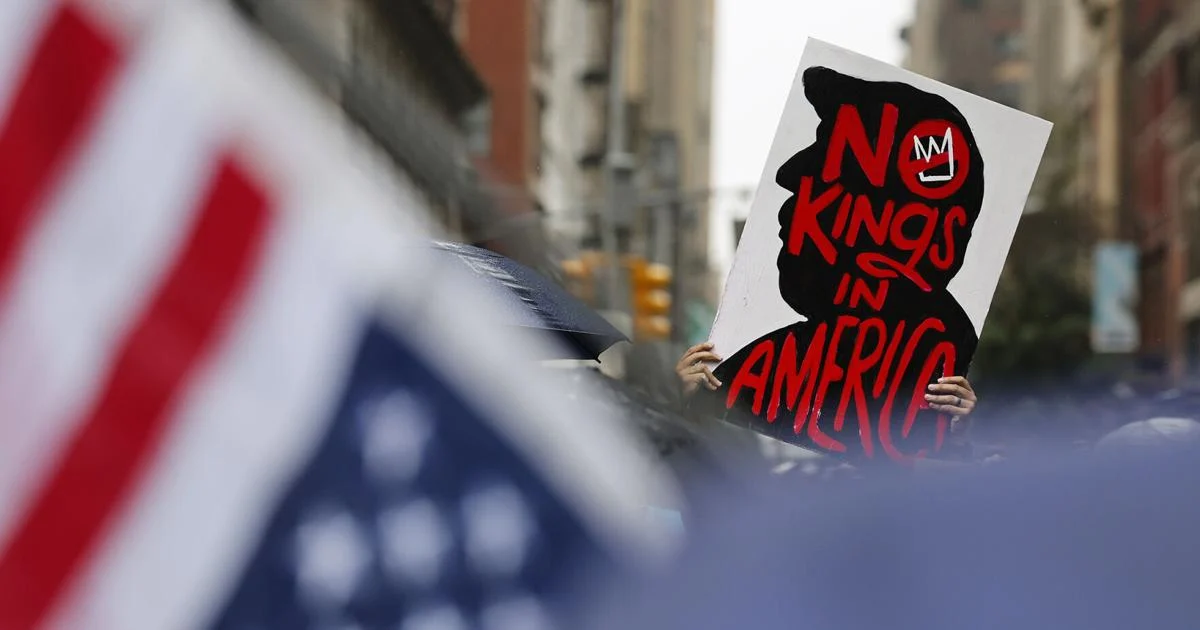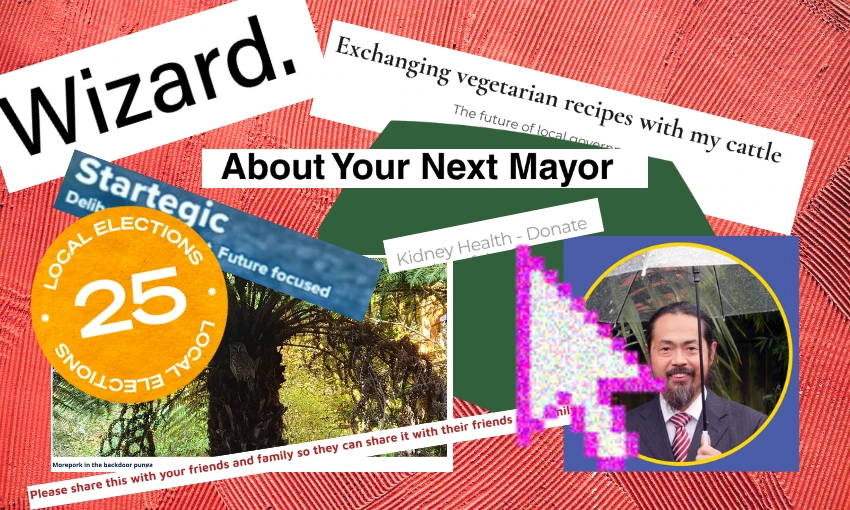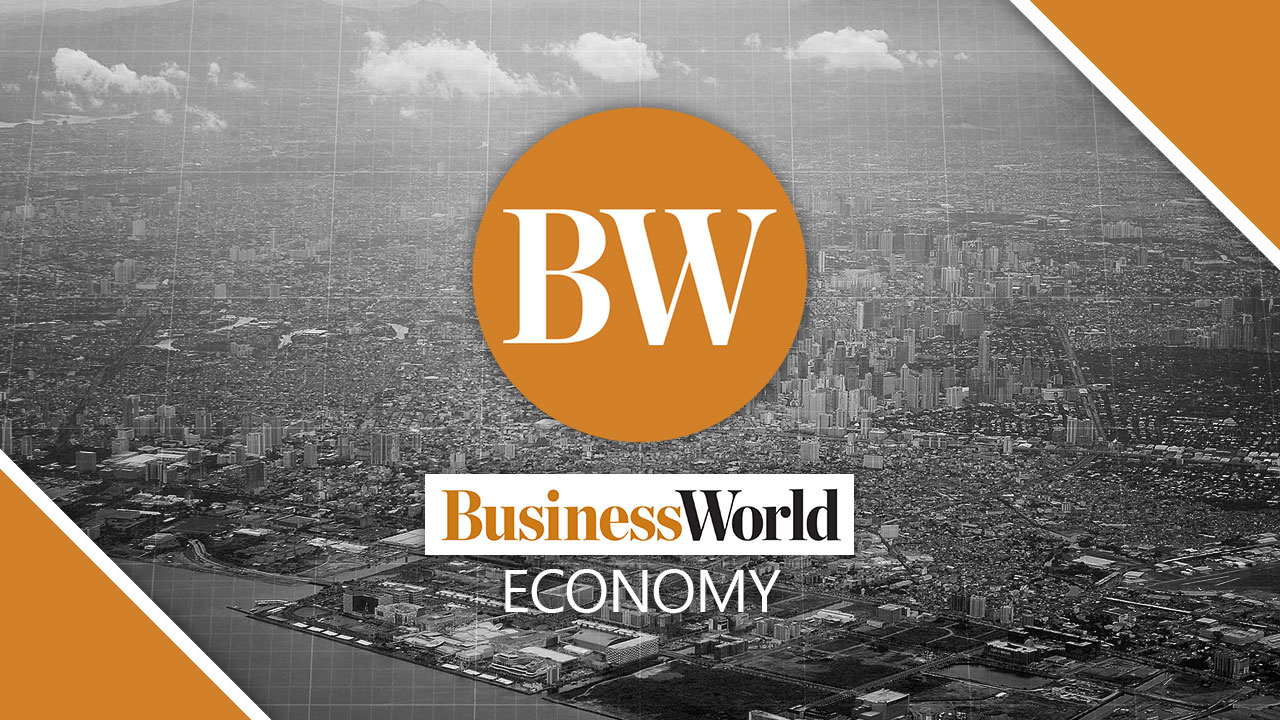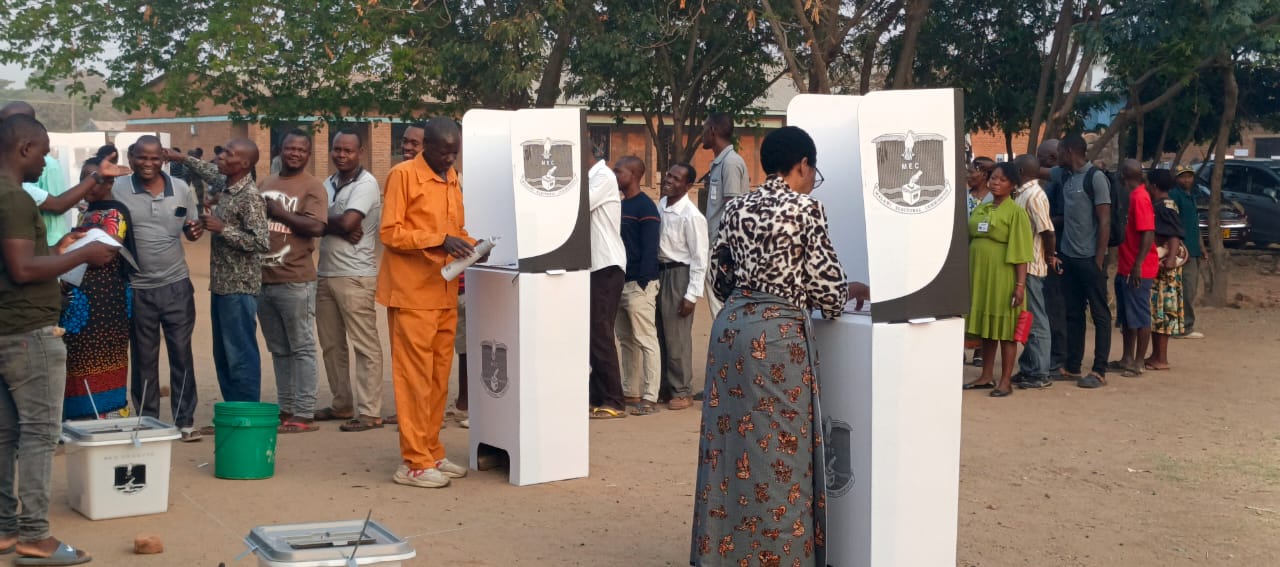
In 2007, eight years after becoming Venezuela’s president, Hugo Chávez revoked the license of the country’s oldest private television station. Eight months into his second term, President Donald Trump suggested revoking the licenses of U.S. television stations he believes are overly critical of him.
Since he returned to office in January, Trump’s remaking of the federal government has drawn comparisons to elected strongmen in other countries who used the levers of government to consolidate power, punish their enemies and stifle dissent.
But those familiar with other countries where that has happened, including Hungary and Turkey, say there is one striking difference: Trump appears to be moving more rapidly, and more overtly, than others did.
“The only difference is the speed with which it is happening,” said David Smilde, who lived in Venezuela during Chavez’s rise and is now a professor at Tulane University.
The U.S. still has robust opposition to Trump, judges who often check his initiatives and a system that diffuses power across 50 states, including elections, making it hard for a president to dominate the country. Some of Trump’s most controversial pledges, such as revoking television licenses, remain just threats.
Trump moved quickly to consolidate authority under the presidency, steer federal law enforcement to prioritize a campaign of retribution and purge the government of those not considered sufficiently loyal.
In a recent social media post, Trump complained to his attorney general, Pam Bondi, about a lack of prosecution of his foes, saying “JUSTICE MUST BE SERVED, NOW!!!” Days later, the Department of Justice secured a felony indictment against former FBI Director James Comey, whom Trump blames for the Russian collusion investigation that dogged his first term.
The same day, Trump ordered a sweeping crackdown targeting groups he claims fund political violence. The examples he gave of victims were exclusively Republicans and his possible targets were those who have funded Democratic candidates and liberal causes.
The week before, Trump’s Federal Communications Commission chairman, Brendan Carr, threatened ABC after a comment about the GOP response to the assassination of Charlie Kirk by late night host Jimmy Kimmel angered Republicans.
ABC suspended Kimmel for five days, but Trump threatened consequences for the network after it returned his show to the airwaves: “I think we’re going to test ABC out on this. Let’s see how we do,” the president said on his social media site.
Trump opened his second term pardoning more than 1,500 people convicted of crimes during the Jan. 6, 2021, attack on the U.S. Capitol, an attempt to overturn his 2020 election loss. He threatened judges who ruled against him, targeted law firms and universities he believes opposed him, and is attempting to reshape the nation’s cultural institutions.
Steven Levitsky, a Harvard political scientist and co-author of the book “How Democracies Die,” said he is constantly asked by foreign journalists how the U.S. can let Trump take such actions.
“If you talk to Brazilians, South Koreans, Germans, they have better antennae for authoritarians,” he said. “They experienced, or were taught by their parents, or the schools, the danger of losing a democracy.”
Listen now and subscribe: Apple Podcasts | Spotify | RSS Feed | SoundStack | All Of Our Podcasts
Of the United States, he said: “This is not a society that is prepared for authoritarianism.”
Alper Coskun presumed the U.S. wouldn’t go the way of his native Turkey, where he served in the government, including as the country’s director general of international security affairs. He left as that country’s president, Recep Erdogan, consolidated power.
Coskun now laughs bitterly at the quip his countrymen make: Turkey wanted to become little America, but now America has become little Turkey.
“It’s a very similar playbook,” said Coskun, now at the Carnegie Foundation for International Peace. The difference, he said, is that Erdogan, first elected in 2002, had to move slowly to avoid running afoul of Turkey’s then-independent military and business community.
Trump, in contrast, has more “brazenly” broken democratic norms, Coskun said.
Erdogan, who met with Trump last week, had 23 years in office to increase his authority and has now jailed writers, journalists and a potential political rival, Istanbul mayor Ekrem Imamoglu.
“Trump is emulating Erdogan much faster than I expected,” said Henri Barkey, a Turkish professor and expert at the Council on Foreign Relations who lives in the U.S. and has been accused by Erdogan of complicity in an attempted 2016 coup, an allegation Barkey denies.
Hungarian Prime Minister Viktor Orbán has often been cited as a model for Trump. Orbán became an icon to some U.S. conservatives for cracking down on immigration and LGBTQ rights. Like Trump, he lost an election and spent his years out of office planning his return.
When voters returned Orbán to power in 2010, he moved as quickly as Trump, said Kim Scheppele, who was an adviser to Hungary’s constitutional court and now is a sociologist at Princeton. But there was one difference.
To avoid resistance, Scheppele said, “Orbán had a ‘don’t scare the horses’ philosophy.” She said he spent much of his first year back working on legal reforms and changes to Hungary’s constitution that set him up to consolidate power.
In the U.S., Smilde said, people trust the country’s institutions to maintain democracy. They did in 2020 and 2021, when the courts, staff in the administration, and elected officials in state and federal government blocked Trump’s effort to overturn his election loss.
“But now, here we are with a more pointed attack,” Smilde said. “Here, nobody has really seen this in a president before.”
Get Government & Politics updates in your inbox!
Stay up-to-date on the latest in local and national government and political topics with our newsletter.
* I understand and agree that registration on or use of this site constitutes agreement to its user agreement and privacy policy.



